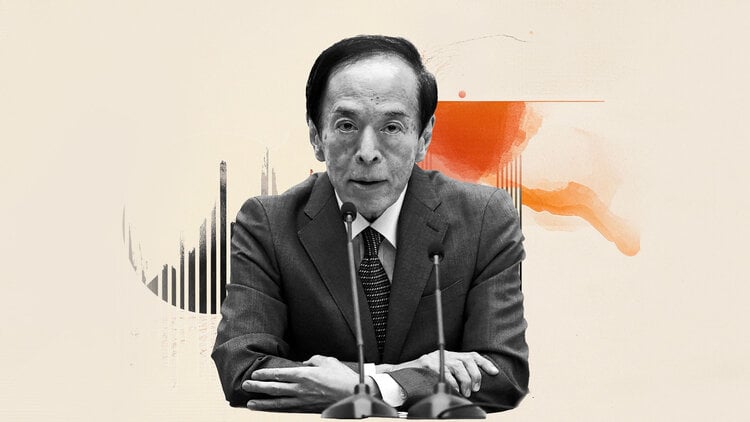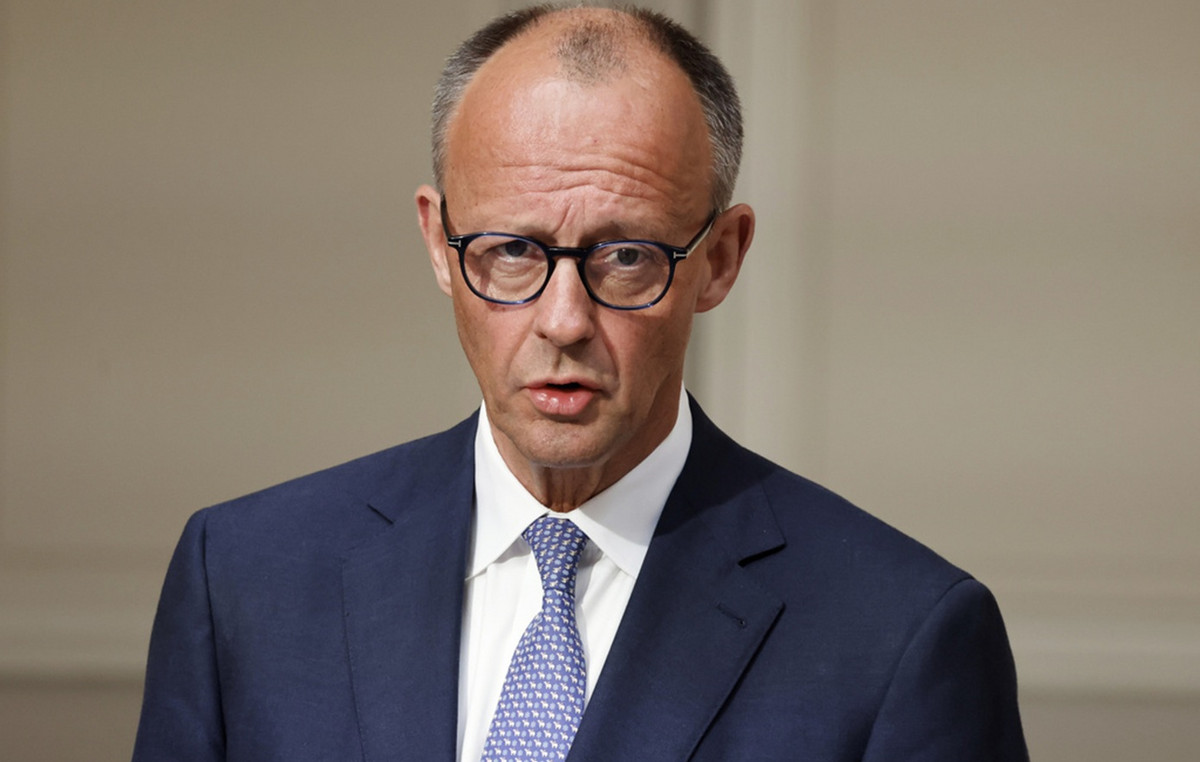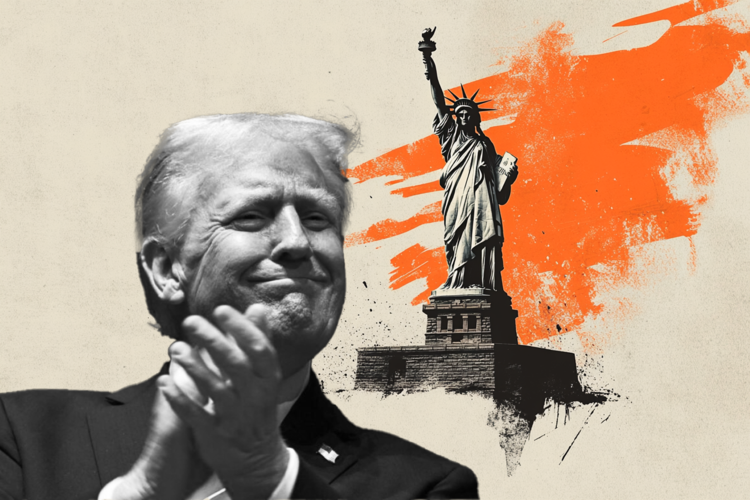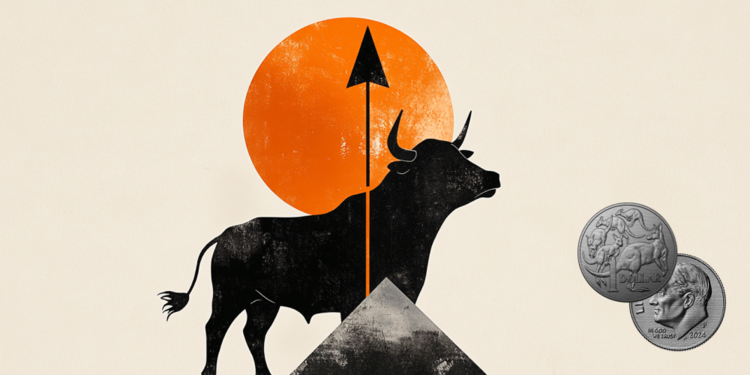Japanese Prime Minister Fumio Kishida said he will step down in September, ending a three-year term marred by political scandals and paving the way for a new premier to deal with the impact of rising prices.
“Politics cannot function without public trust,” Kishida said at a news conference on Wednesday (14) to announce his decision not to seek re-election as leader of the Liberal Democratic Party (LDP).
“I will now focus on supporting the newly elected LDP leader as a grassroots member of the party,” he said.
His decision to resign triggers a race to replace him as party chairman and, by extension, as leader of the world’s fourth-largest economy.
Public support for Kishida has been waning amid revelations about the LDP’s ties to the controversial Unification Church and political donations made at party fundraisers that went unrecorded.
But he also faced public discontent over the inability of wages to keep pace with rising living costs as the country finally shook off years of deflationary pressure.
“A sitting LDP prime minister cannot run in the presidential race unless he is certain of victory. It’s like the great yokozuna champions in sumo wrestling. You don’t just win, you have to win gracefully,” said Koichi Nakano, a political science professor at Sophia University.
Whoever succeeds Kishida as LDP leader will have to unite a fragmented ruling group and contend with rising living costs, rising geopolitical tensions with China and the possible return of Donald Trump as U.S. president next year.
Covid to inflation
As the country’s eighth-longest-serving postwar leader, Kishida led Japan out of the Covid pandemic with massive stimulus spending. He also appointed Kazuo Ueda as head of the Bank of Japan (BOJ), an academic tasked with ending his predecessor’s radical monetary stimulus.
In July, the BOJ unexpectedly raised interest rates as inflation took hold, contributing to stock market instability and causing the yen (JPY) to fall sharply.
Kishida’s departure could mean tighter fiscal and monetary conditions, depending on the candidate, according to Shoki Omori, chief strategist on the Japan desk at Mizuho Securities in Tokyo.
“In short, risk assets, especially equities, are likely to be hit the hardest,” he said.
In another break with the past, Kishida also eschewed trickle-down economics geared toward corporate profit in favor of policies aimed at boosting household incomes, including wage increases and promoting stock ownership.
Defense Spending
Despite this shift in the economy, he maintained the aggressive security policies of his predecessor Shinzo Abe, who was assassinated in 2022.
He unveiled Japan’s biggest military buildup since World War II, with a pledge to double defense spending to deter neighboring China from pursuing its territorial ambitions in East Asia through military force.
With Washington’s encouragement, Kishida also restored Japan’s strained relations with South Korea, allowing the two countries and their mutual ally, the United States, to pursue deeper security cooperation to counter the threat posed by North Korea’s missile and nuclear weapons programs.
“Under the firm leadership of Prime Minister Kishida, Japan and the United States have ushered in a new era of relations for the Alliance,” U.S. Ambassador Rahm Emanuel said in a post on X.
(Reporting by Tim Kelly, Sakura Murakami, Rocky Swift and Kevin Buckland)
Source: CNN Brasil
Bruce Belcher is a seasoned author with over 5 years of experience in world news. He writes for online news websites and provides in-depth analysis on the world stock market. Bruce is known for his insightful perspectives and commitment to keeping the public informed.







